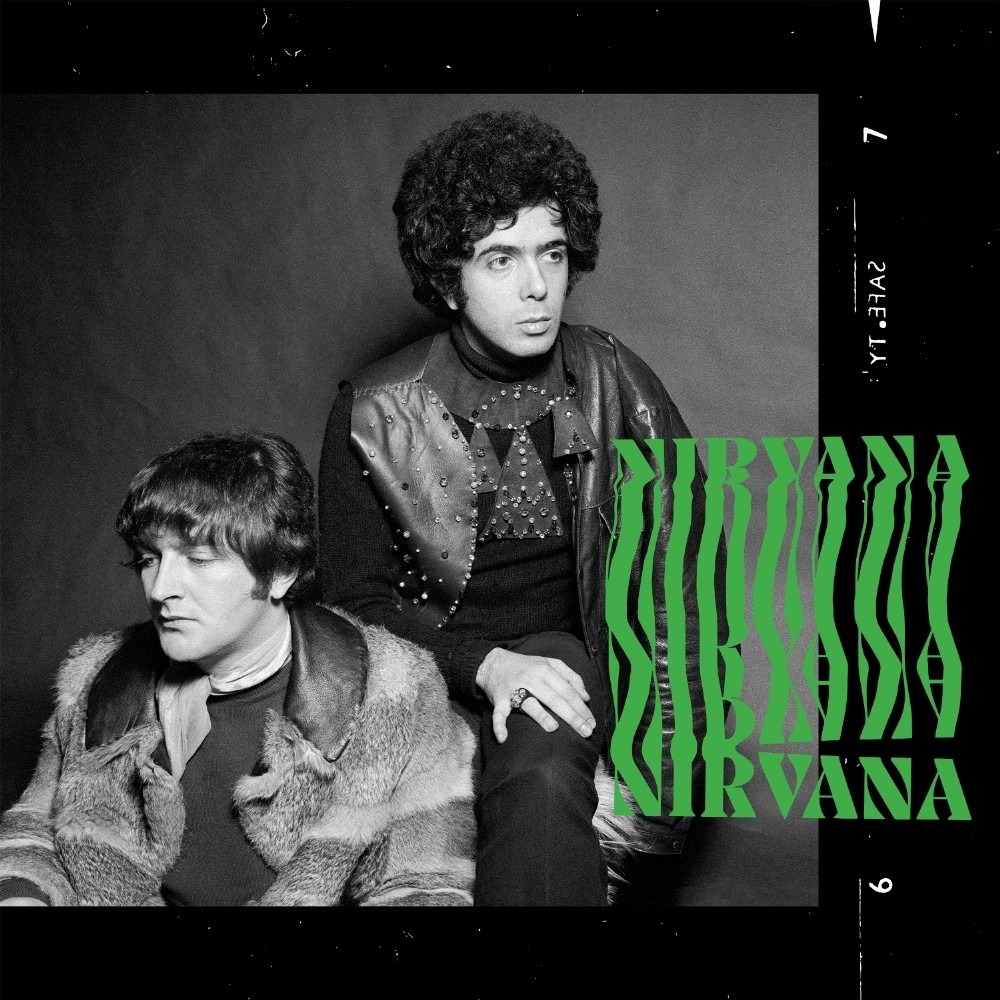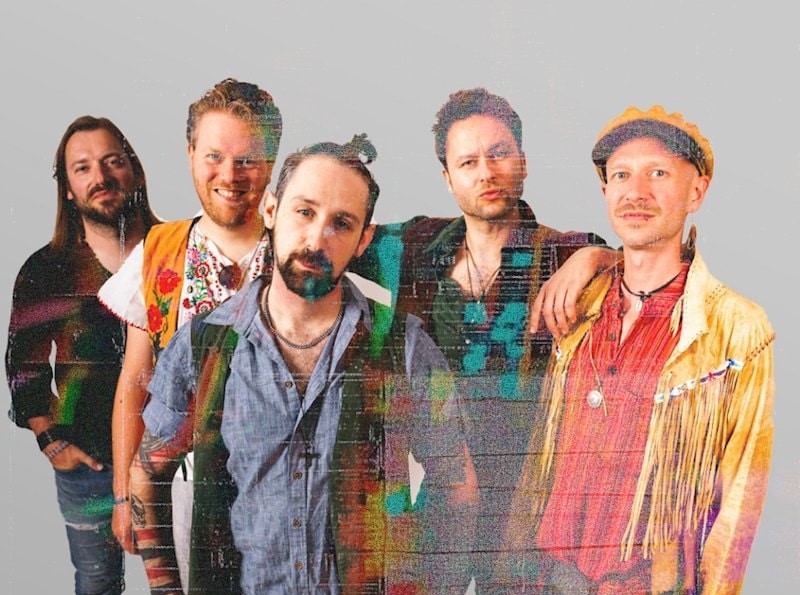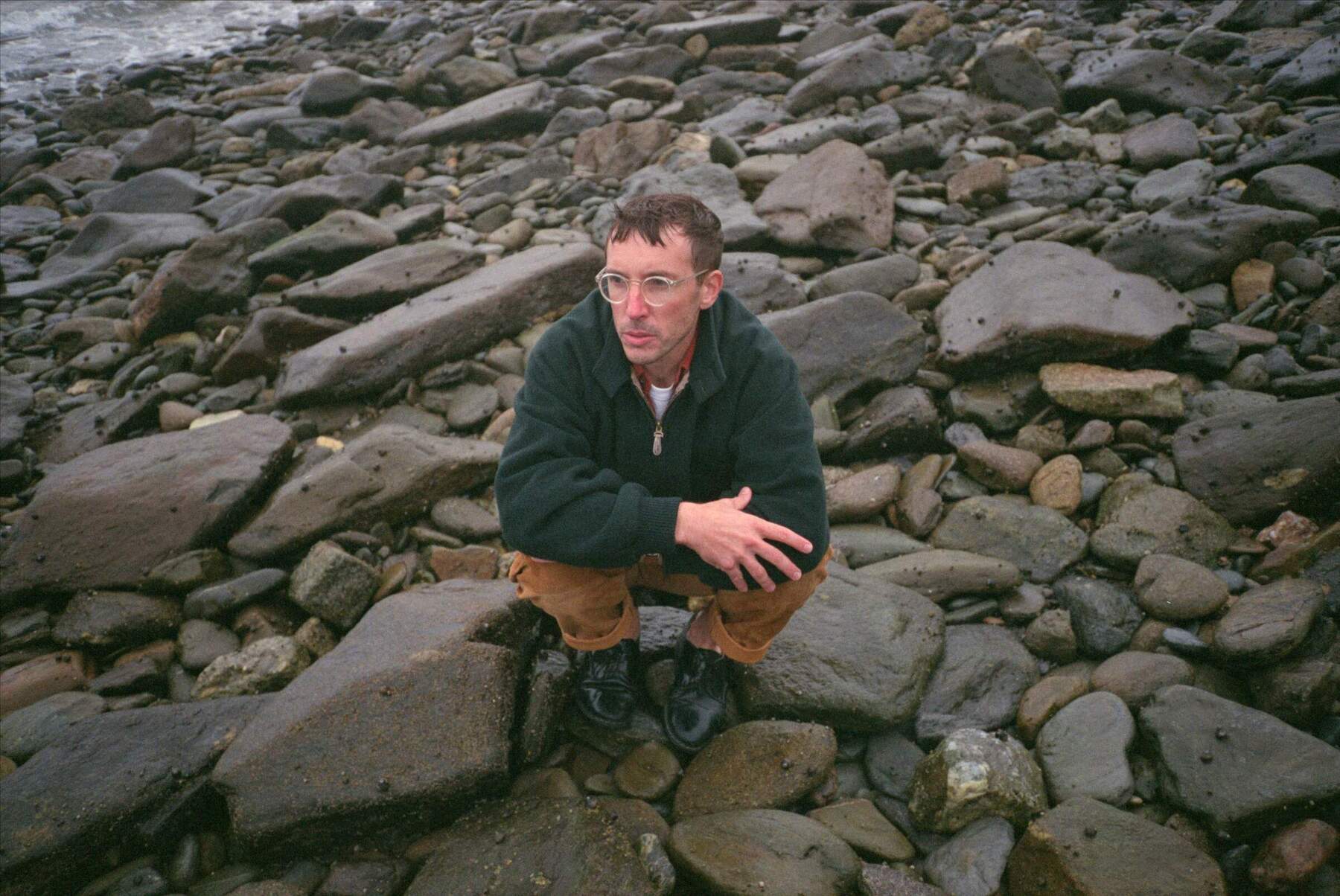Epidaurus | Interview
‘Earthly Paradise’ by Epidaurus has become a symphonic rock classic. Released in 1977 in an edition of 500, it is one the most wanted records among the genre.
Where and when did you grow up?
Epidaurus [all members]: All members of Epidaurus are born in Ruhrgebiet area (Dortmund, Bochum, Essen and also Cologne), middle-west Germany. Members were Christiane Wand, Günter Henne, Gerd Linke, Heinz Kunert, Manfred Struck, Volker Oehmig, Eckhard Lander, Uwe Asshoff, Hans-Werner Eifert. and the technician Klaus Brühs,
When did you begin playing music? What was your first instrument? Who were your major influences?
Gerd Linke: I began learning and playing piano at the age of seven. My Father has bought an old piano and decided, that I have to learn it. So I did.
Volker Oehmig: My Father was a professional drummer in a big band. It was obvious for me to start playing the drums.
“Initially the group exclusively played instrumental orchestral rock.”
Can you elaborate the formation of Epidaurus?
Epidaurus [all members]: The group’s predecessors go way back into the sixties. Bassist Heinz Kunert (03/05/1949) had gigs with his local band “The Strongs” since 1967. Later Heinz changed to Pentagon, a progressive hard rock band. He stayed there until 1975.
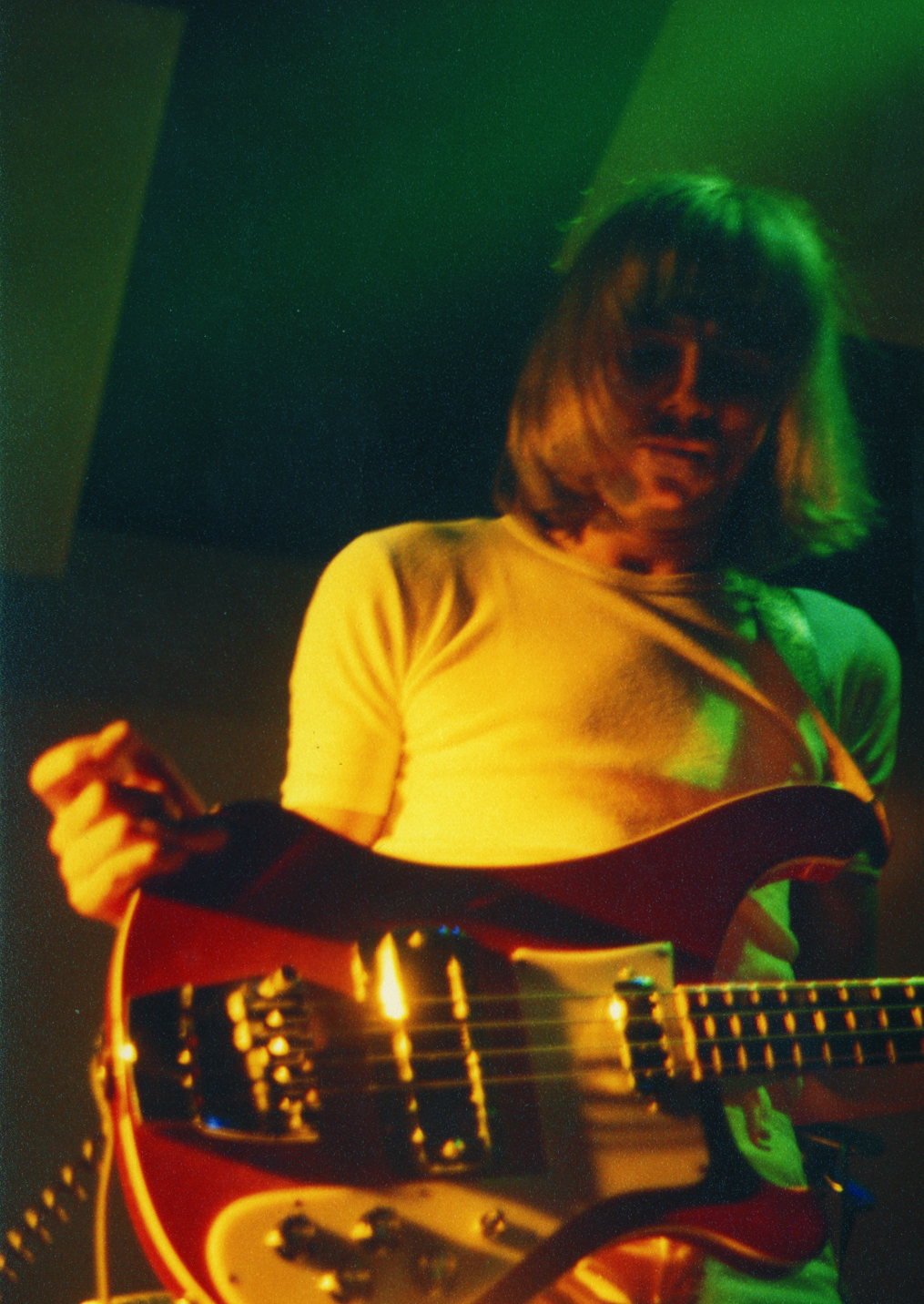
Keyboarder Günter Henne (07/24/1953) and drummer Manfred Struck (09/08/1953) knew each other from the Waldorf school, where they received education in classical instruments, especially piano and percussions. Around this time Manfred started his first attempts on the drums. From 1970 until 1972 they played together in a band called Teraohm.
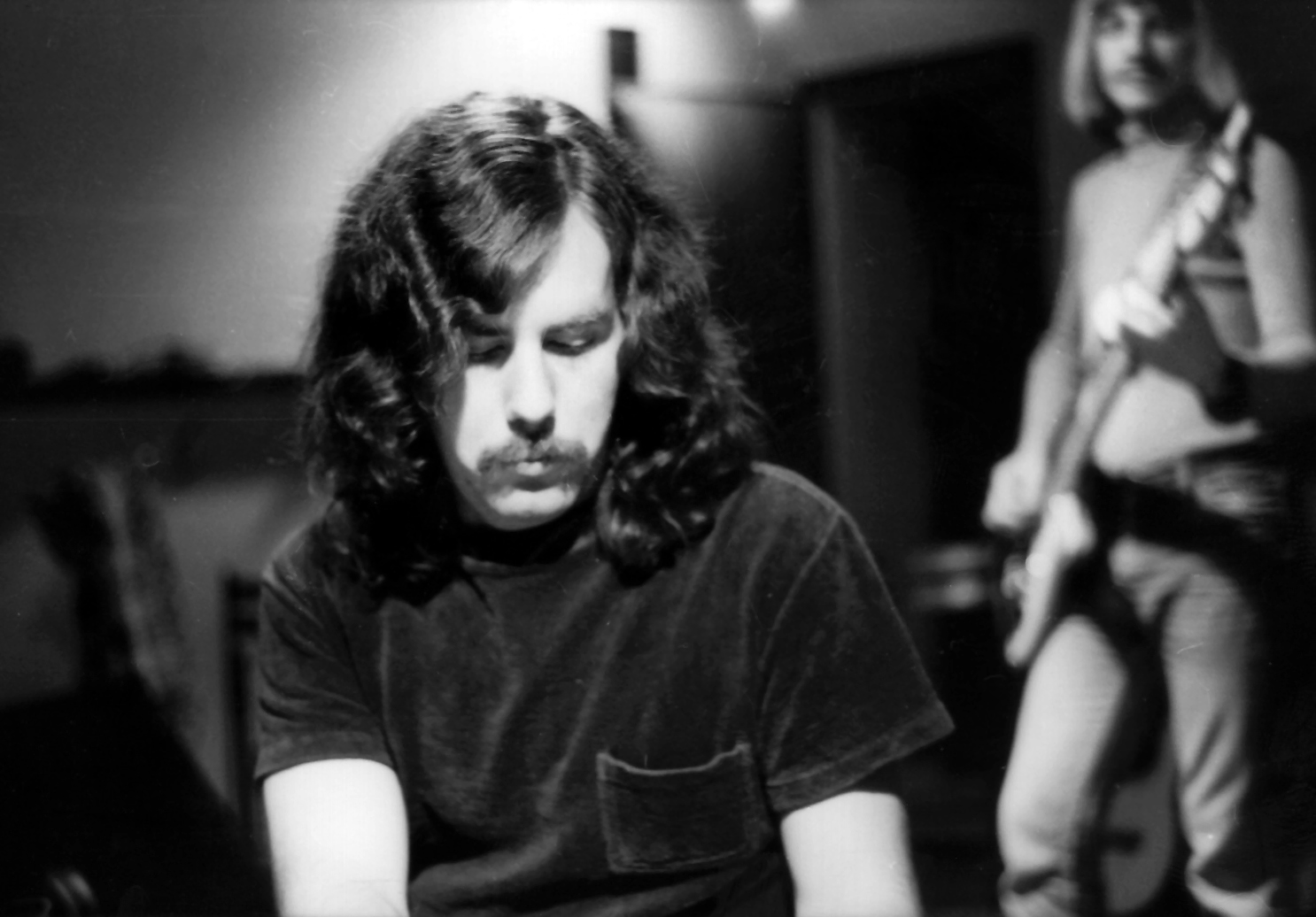
Keyboarder Gerd Linke (10/17/1953) played in the late 60’s and early 70’s in several so called beat bands. They had funny names like “Fried Eggs”, “Edmund” and so on. Most important was to have fun and play easy listening music. Beside he had a part time job at the big automobile factory in Bochum, Opel. There he learned, that a local group was looking for a second man on keyboards. He thus met Günter, Manfred und Heinz. From September 1975 the four started calling themselves Epidaurus. Initially the group exclusively played instrumental orchestral rock. With the idea of recording an LP and having more frequent gigs, they want to complete the group with a female singer. They found Christiane Wand (12/31/1959). She was singing soprano and had a classical vocal training.
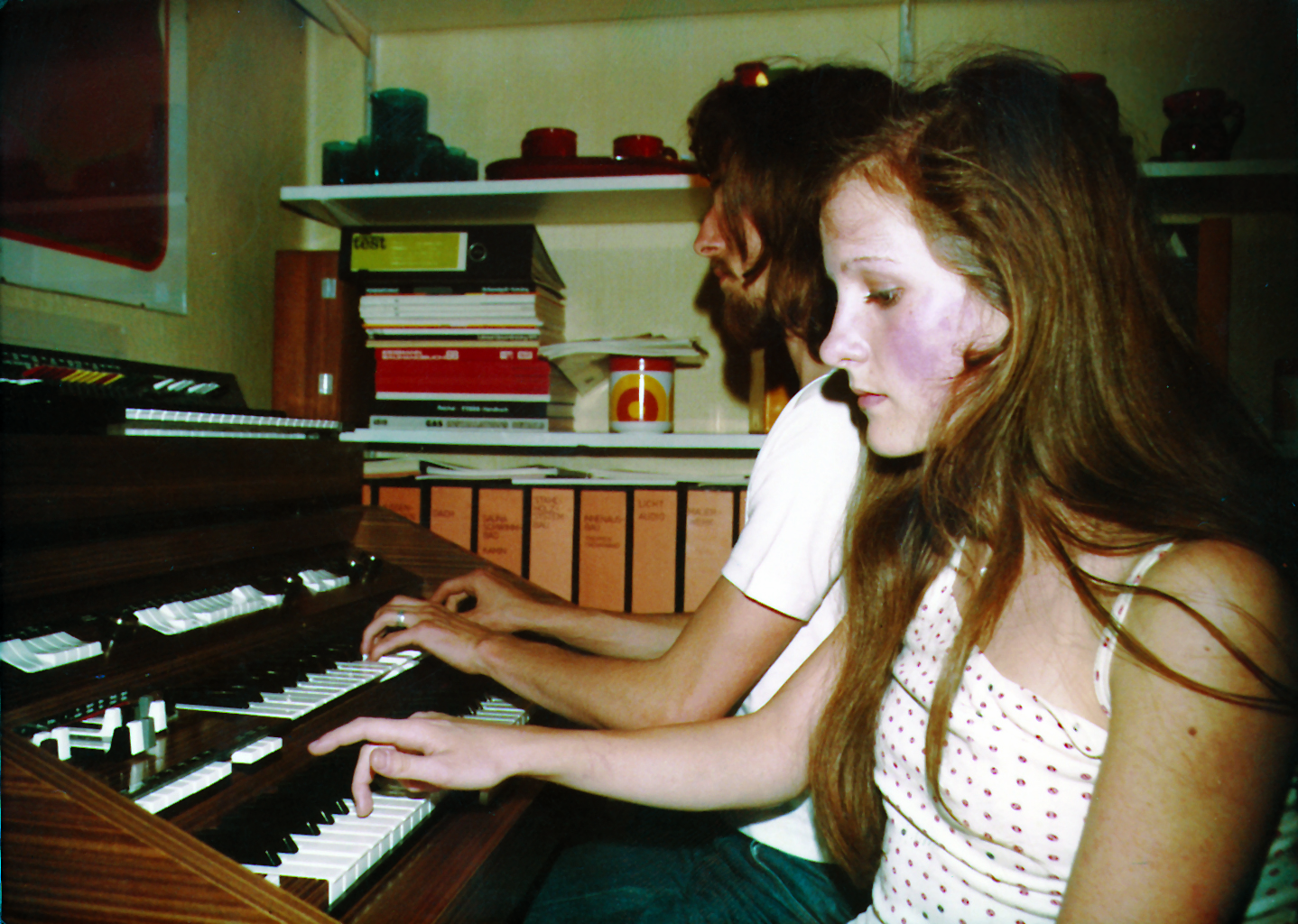
What’s the story behind your album?
Epidaurus [all members]: In June 1977 the time has come to produce an album. As the sound studio Langendreer wasn’t completed yet, we chose the Hermes Sound Studio in Kamen. The music for ‘Earthly Paradise’ was recorded and mixed there.
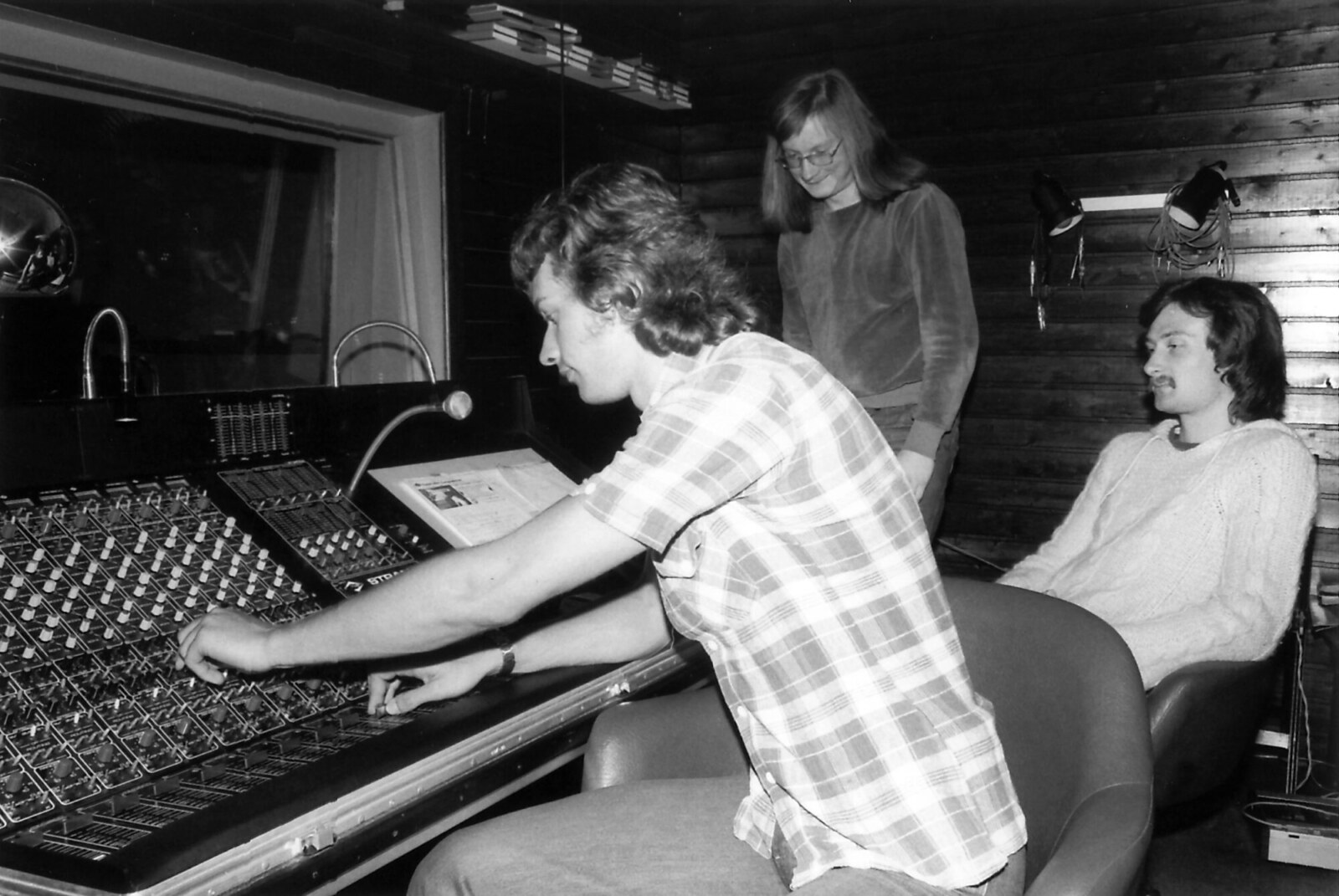
In this process only the best was accepted, and accordingly the work has become excellent. While Klaus Brühs cared for the equipment, Manfred Struck and the Kamen sound engineer Hans Schade were responsible for the recordings and the mixing.
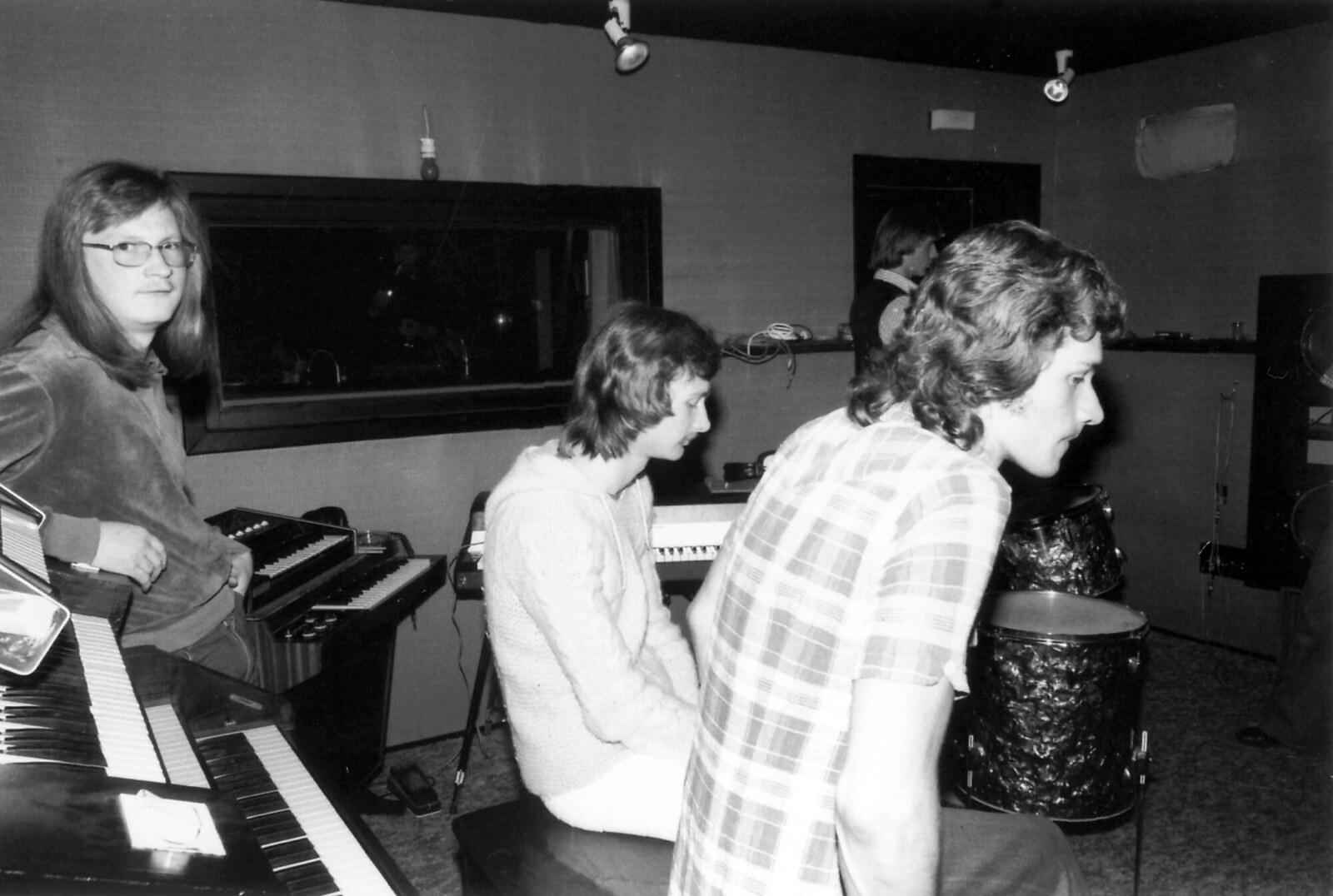
Even then it began to show that Manfred Struck’s interest – although he was an excellent drummer – rather inclined towards audio engineering. Thus, Volker Oehmig joined the band on drums. He made his debut on the first side of ‘Earthly Paradise’. Also worth mentioning is that guest musician Peter Mayer played the transverse flute on ‘Andas’ and ‘Silas Marner’. The latter track has been named after the title of a novel by George Eliot (1819 – 1880). The three instrumentals on the flip side were taken from our old stock. Manfred Struck was still on drums there.
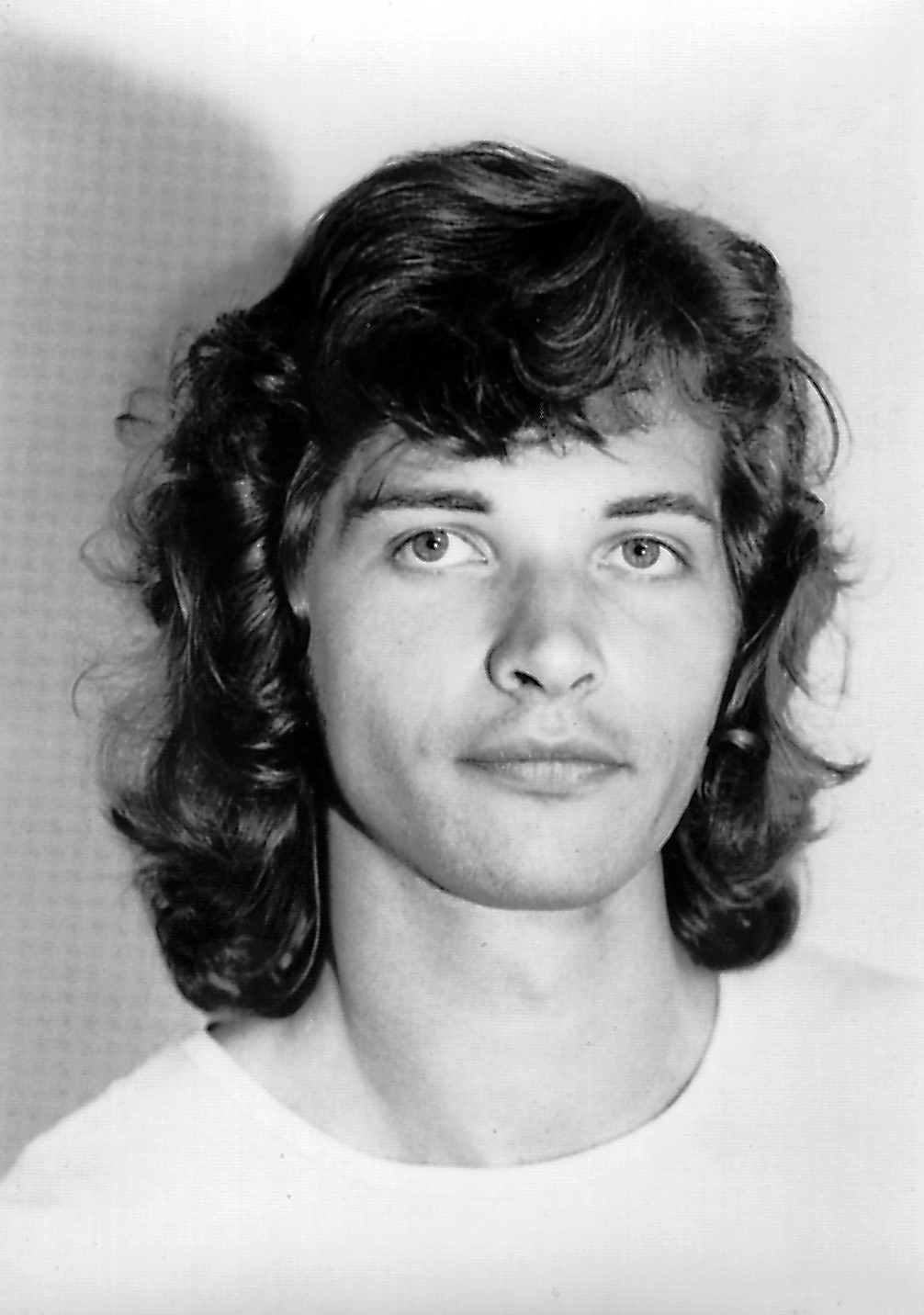
The two songs on the side A, with English lyrics by Christiane Wand, were written especially for the new line-up with vocals, and thus our new drummer, Volker, was on duty here.
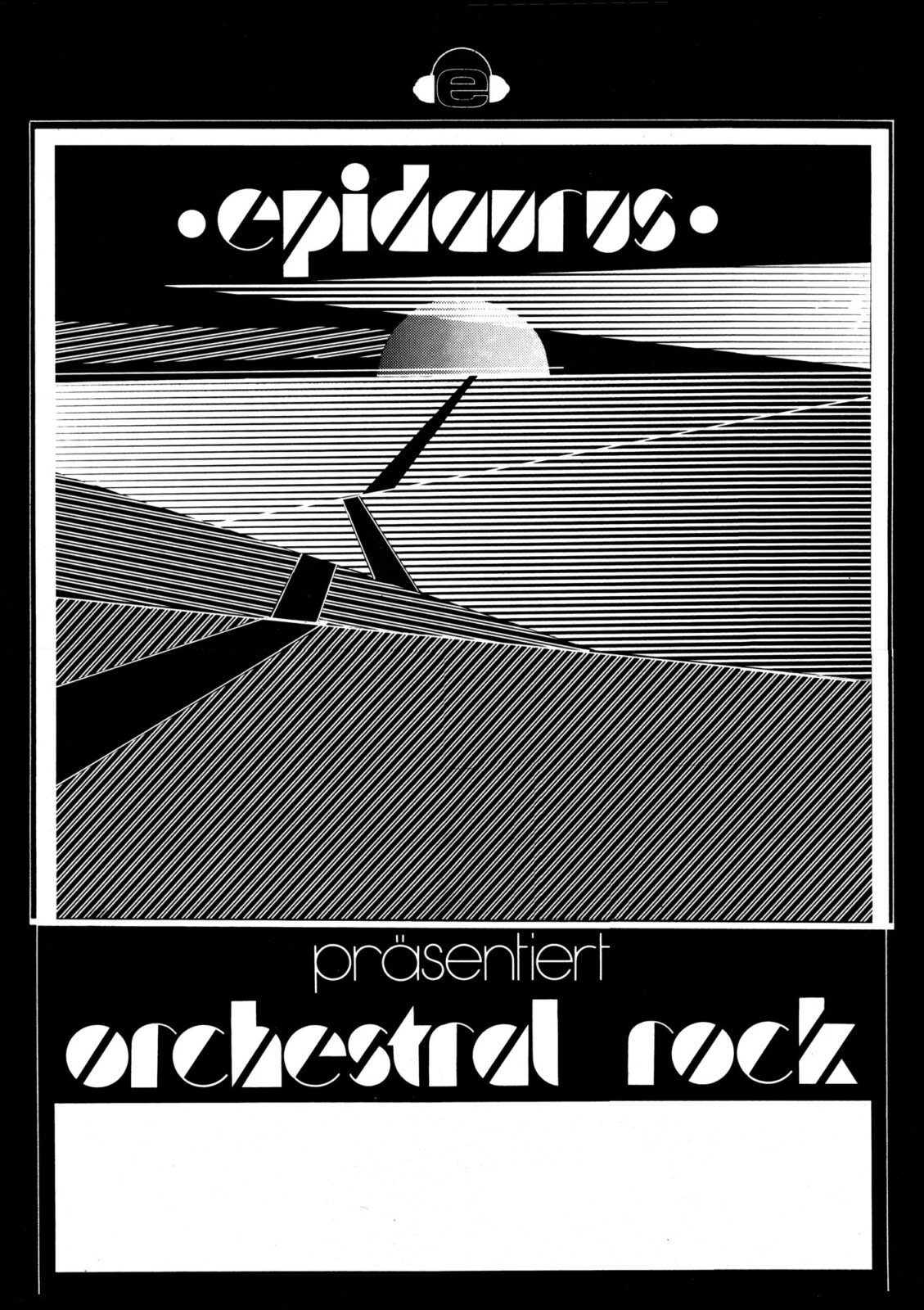
With the recordings we tried to win a big label for the LP release. We thus drove to Metronome/Polygram in Hamburg twice as we wanted the LP to be released on their Brain label. The negotiations were with A&R manager Hartwig Biereichel – at the same time drummer with Novalis, which made similar-sounding music like Epidaurus. It failed eventually, as well as those with other companies.
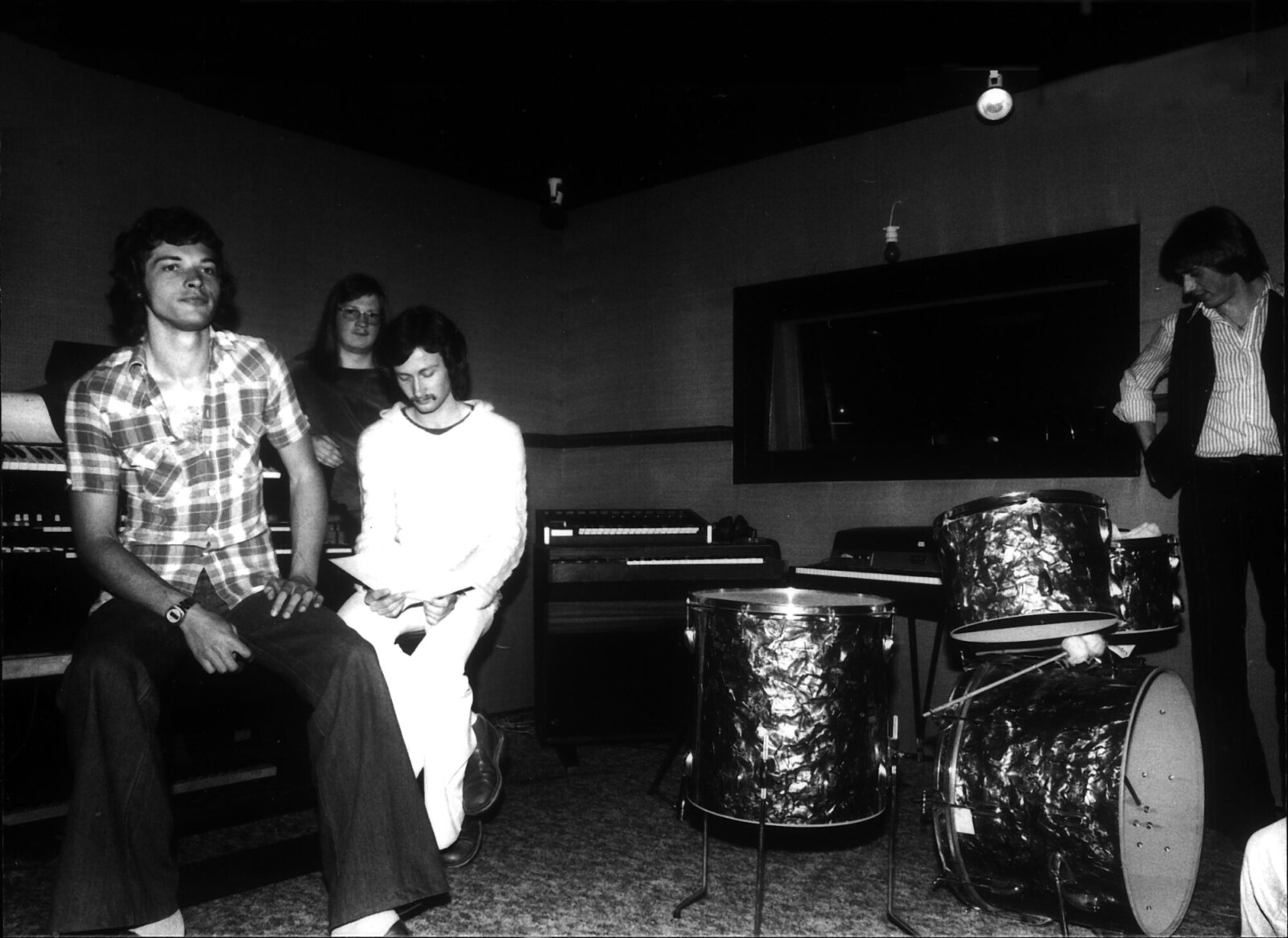
The really big ones didn’t even enter into negotiations with us. This was probably a wrong decision by Brain, as we would have suited them well and could surely have produced more of these kind of music. We thus made a virtue out of necessity and released the LP ourselves under the name of ‘Earthly Paradise’. The LP was made by Pallas in Diepholz in an edition of 500 copies. The tasteful cover had been designed by drummer Volker Oehmig.
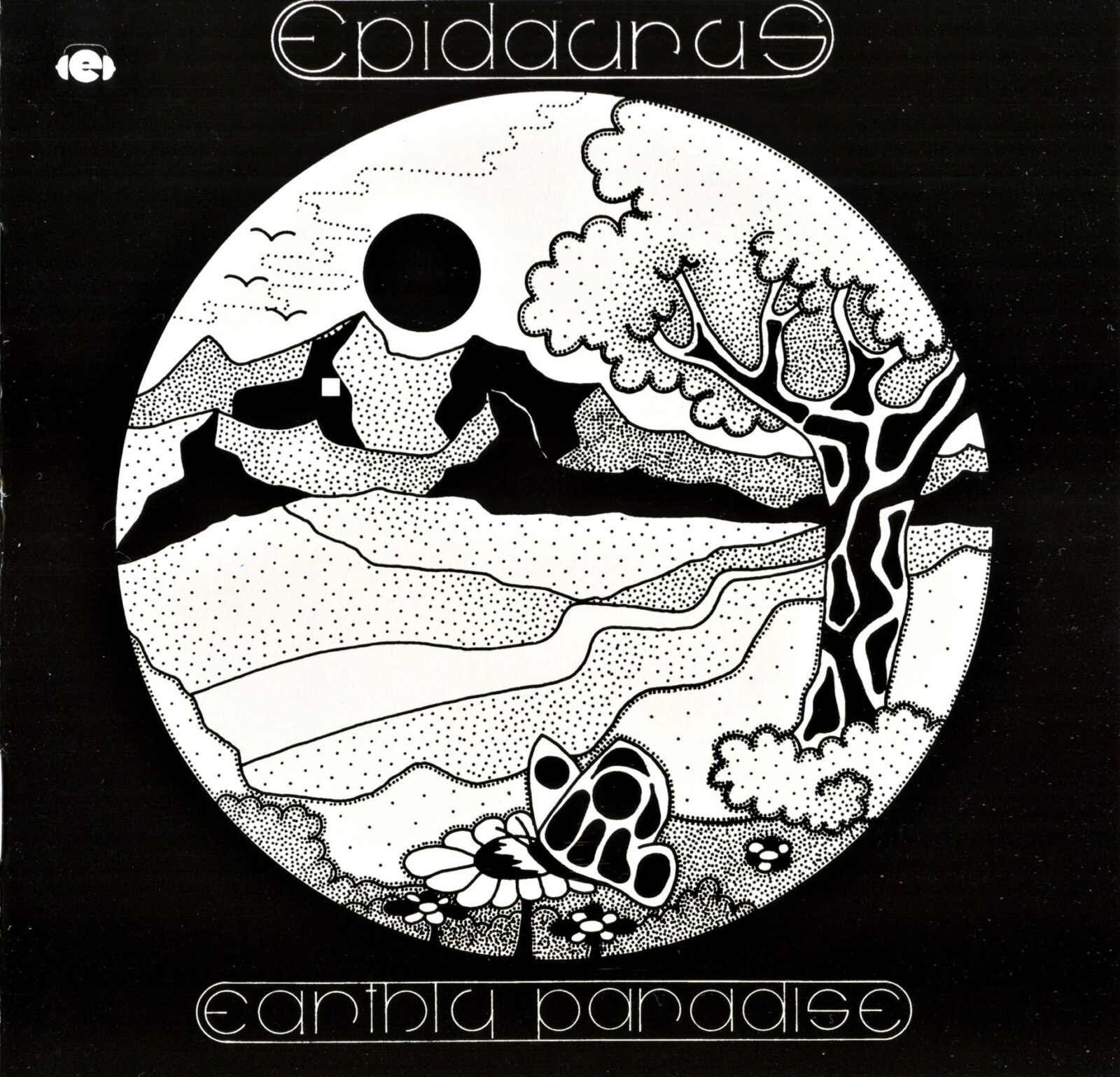
The LP was sold in one single shop: Elpi, situated diagonally opposite the Bochum main Station. The equipment used you can see on the backside of the LP.
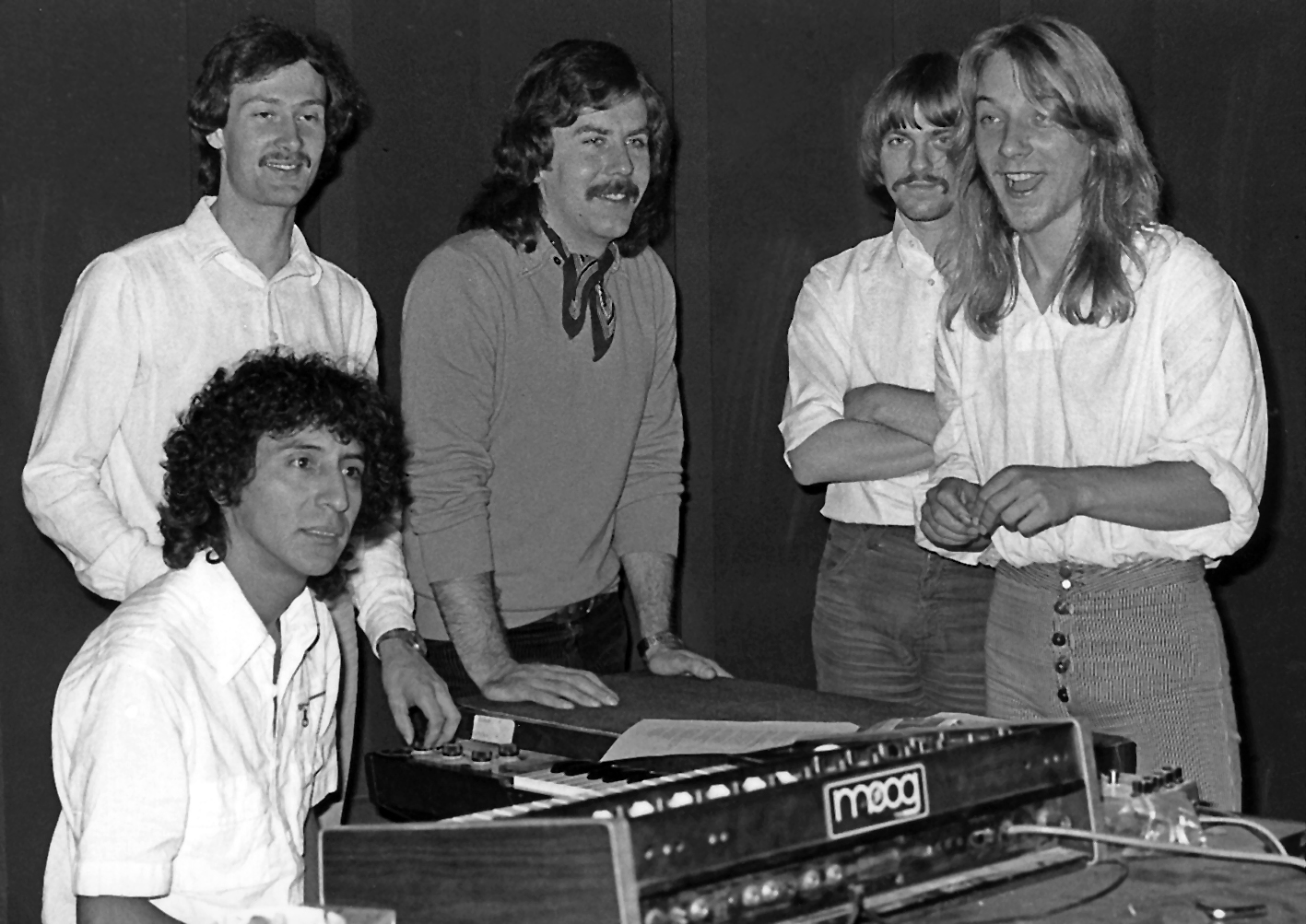
Please share your recollections of the sessions. What were the influences and inspirations for the songs recorded?
Epidaurus [all members]: We were very lucky being able to make music under conditions Günter and Manfred created… having designed and developed their recording studios in Bochum Langendreer. So we enjoyed every day rehearsing and developing new songs. We used to rehearse twice or three times weekly for a period of 5 to 6 hours. Due to the technical equipment of those times we could record most rehearsals and later listen to them again, analyze and improve them. Evidently, we were musically influenced by the prevailing groups of prog and art rock like Genesis, Yes or Gentle Giant.
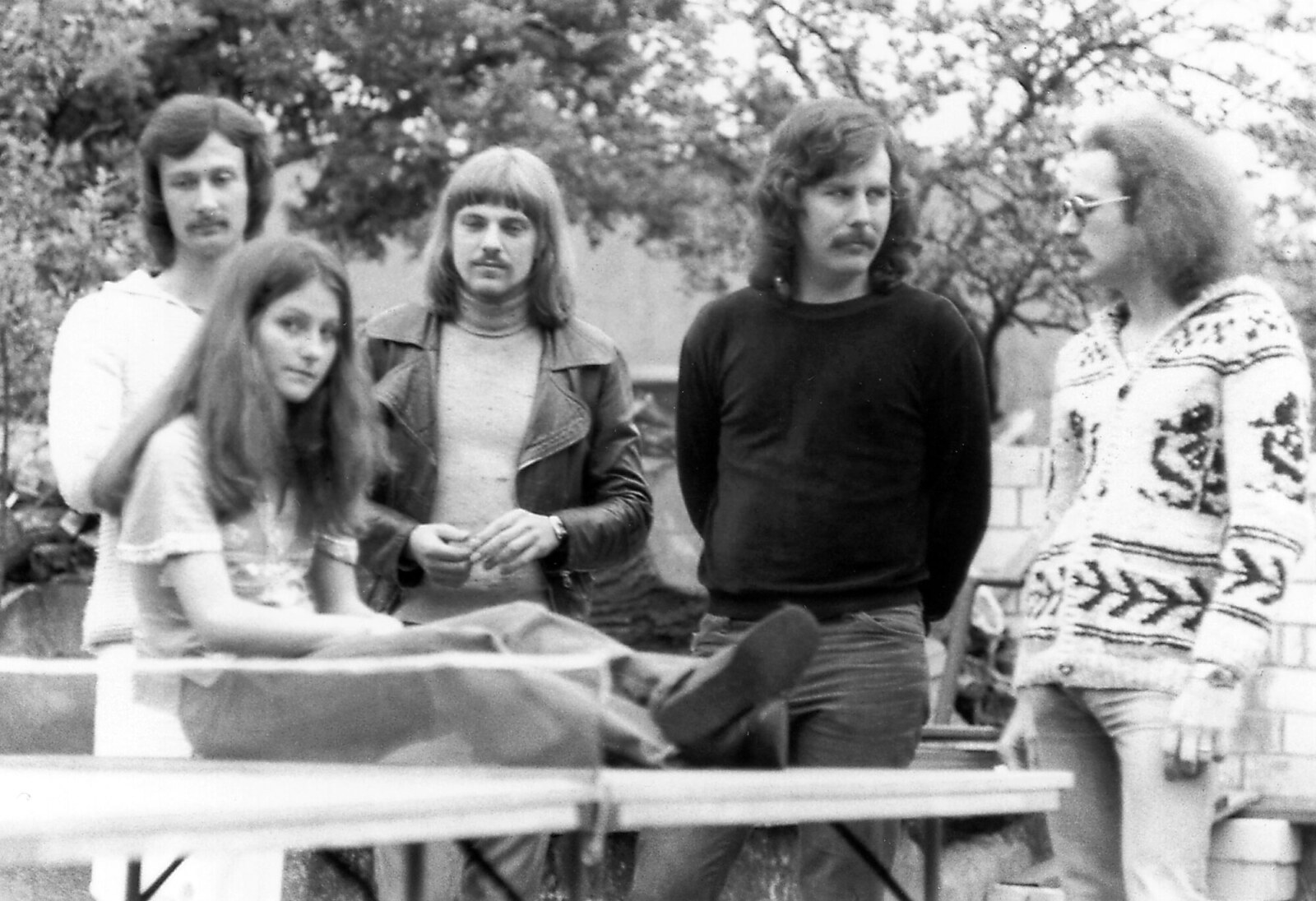
Influence came as well from groups close to pop like Manfred Mann or Supertramp. Günter was as well enthusiastic about electronic artists like the Japanese musician Tomita. A song by Tomita always started our concerts.
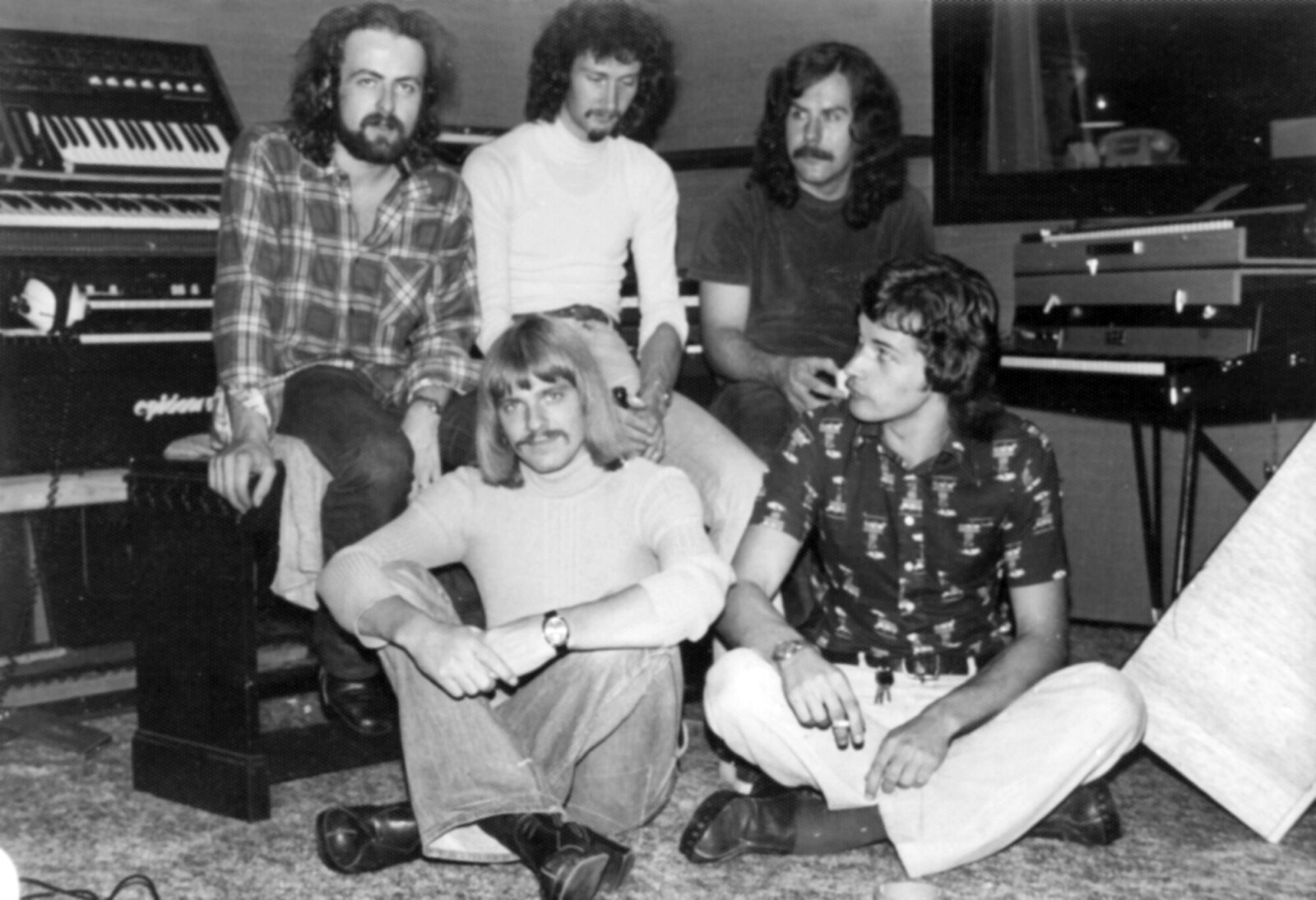
Was there a certain concept behind the album?
Gerd Linke: We always tried getting as close as possible to our role models. On the one hand not copying them, but on the other hand staying close to art/prog rock. Choosing the instruments did the rest. As a keyboarder playing Minimoog, Mellotron, Hammond C3 Organ, Wurlitzer Piano or Fender Rhodes automatically creates compositions close to the ones of your idols. Like I explained, with Christiane Wand having joined the band we adapted our compositions to Christiane’s singing, trying to fit it as perfectly as possible to our keyboard parts.
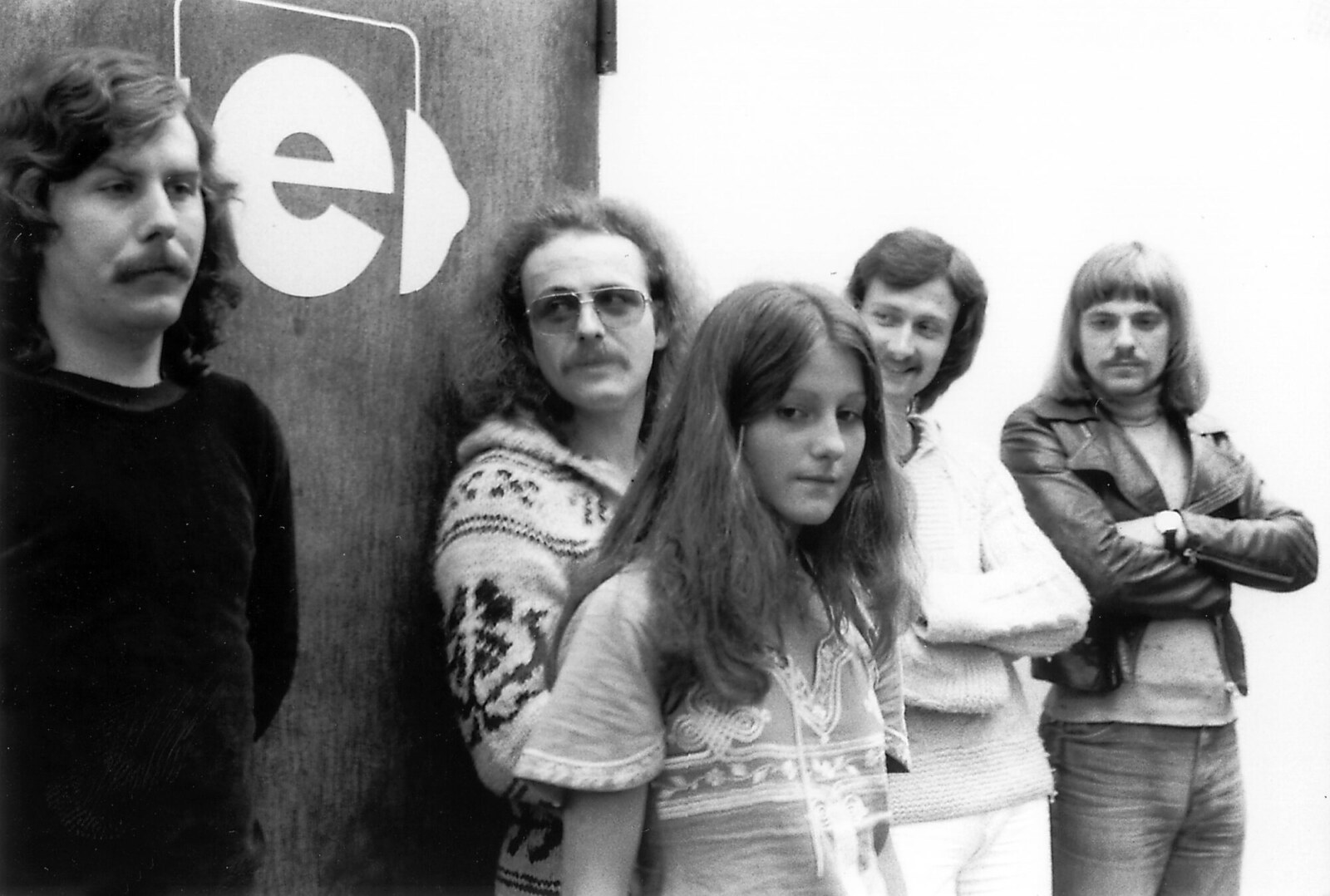
How pleased was the band with the sound of the album?
Epidaurus [all members]: We were utterly happy being able to produce such an album in such a short space of time. We were mixing and publishing it with high precision. Even today there is no reason to find fault with anything, let alone changing anything. The worldwide sales figures speak of their own.
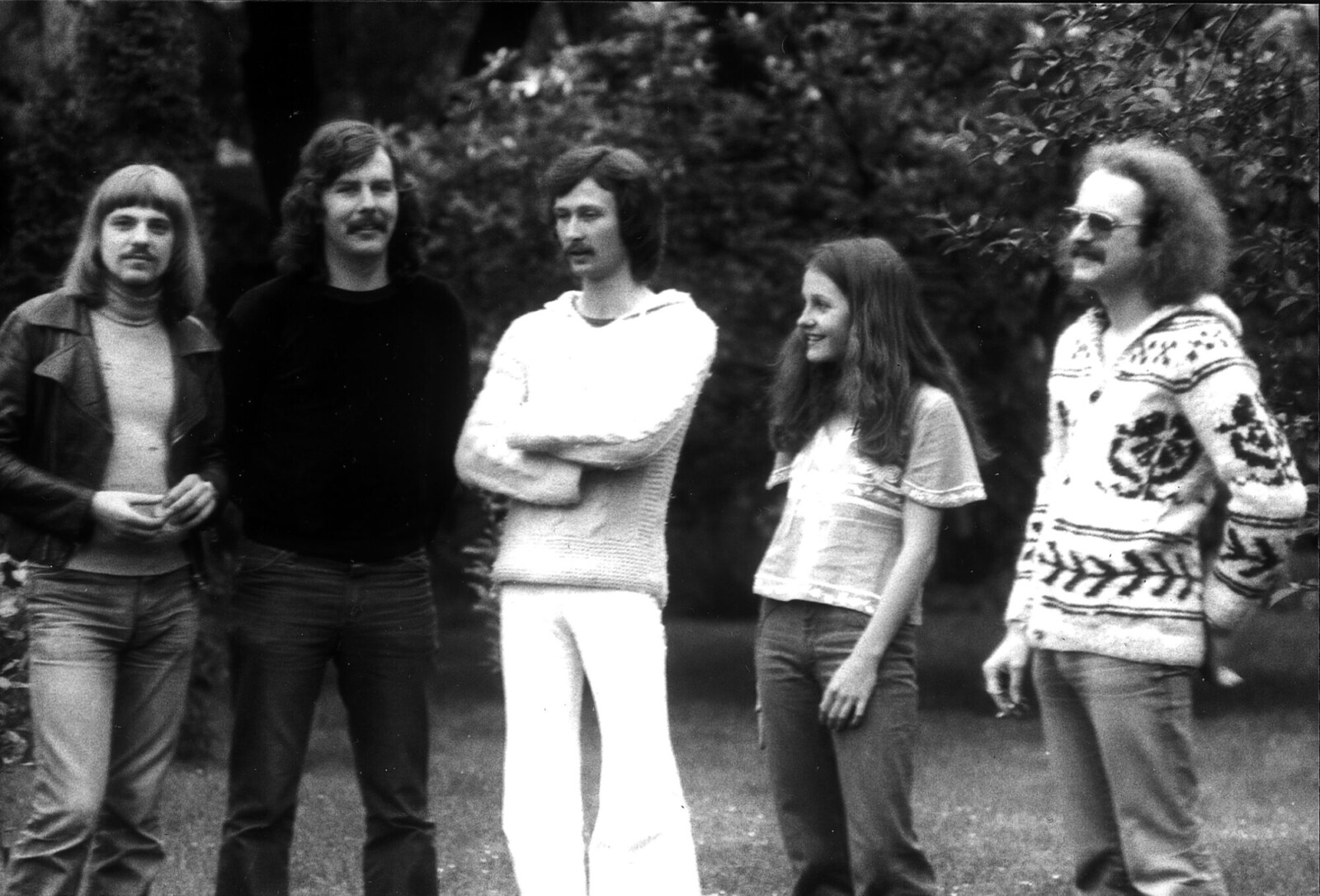
Choice were fronted by Günter Henne, Gerd Linke and Heinz Kunert. Ferdie Kuehnel (ex-Breakfast and Live), Ulrich Steinert and Peter Jureit joined you. What’s the story behind Choice?
Epidaurus [all members]: By the end of 1978 there was a personal change with Epidaurus. Christiane Wand and Volker Oehmig left the group.
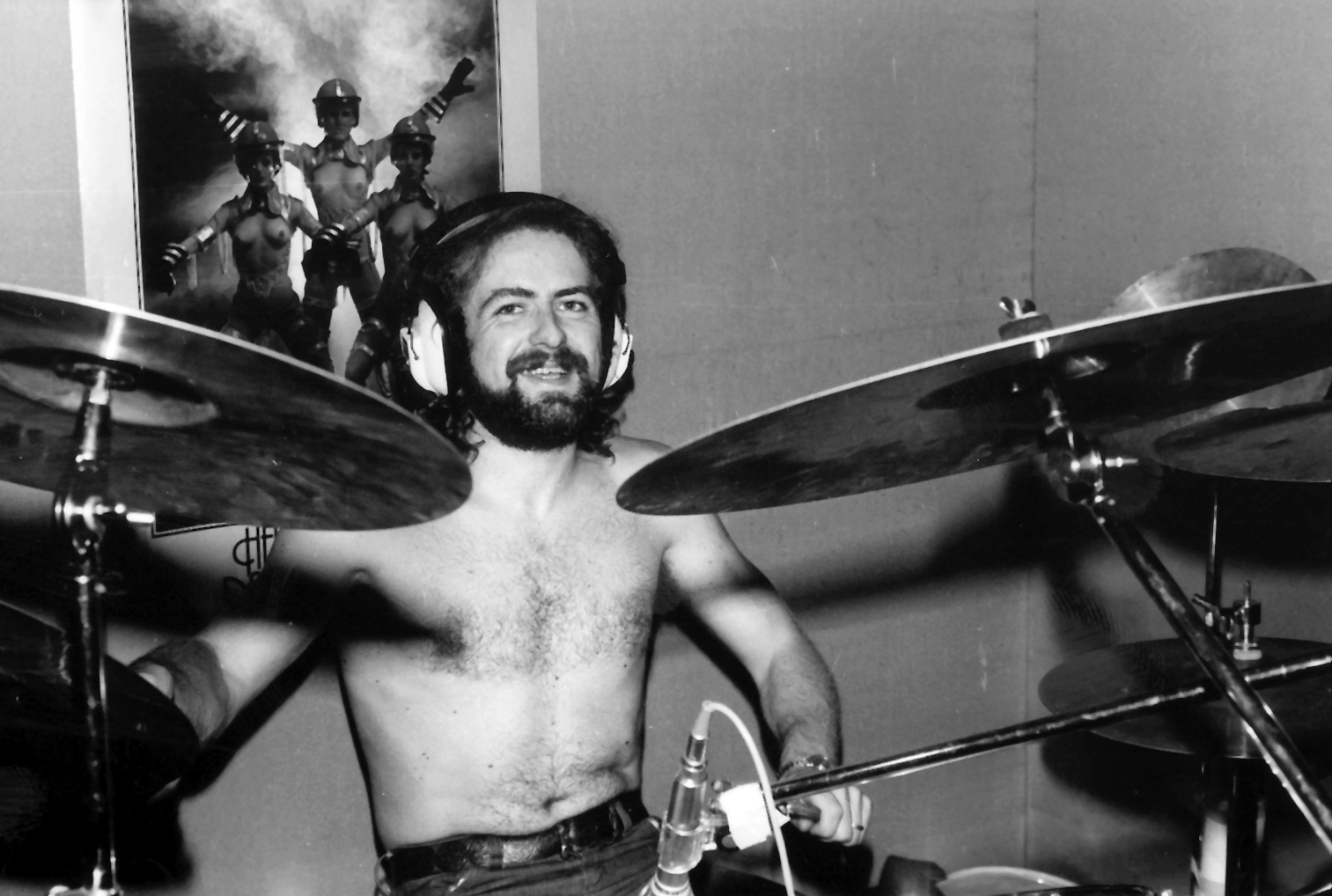
The Peruvian Victor Meza became the lead singer with highly talented Uli Teske now playing the drums. From this arrangement we only have a rather weak recording. However, as it turned out, working with Victor Meza grew very difficult. Finally, in 1980, Epidaurus split up when the success we had hoped for did not come.
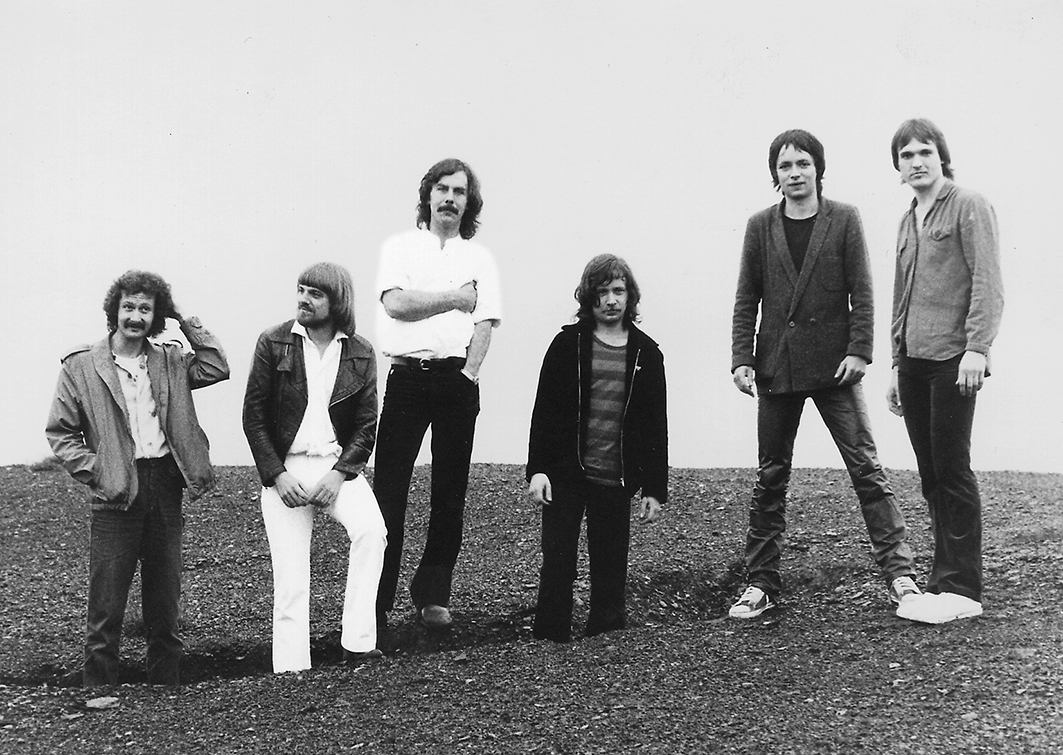
Many enthusiastic prog rock fans thought that in fact we had earned success by the time the recording studio at Langendreer had become well known. Famous German rock stars like Geier Sturzflug, Die Toten Hosen, BAP, Purple Schulz and others had become regular guests. They recorded in collaboration with Manfred Struck, one of the most experienced German, if not European sound engineers. In July 1980 Günter Henne, the owner of the recording studio, Gerd Linke, Heinz Kunert and as sound engineer Manfred Struck recorded the LP ‘Just A Dream’.
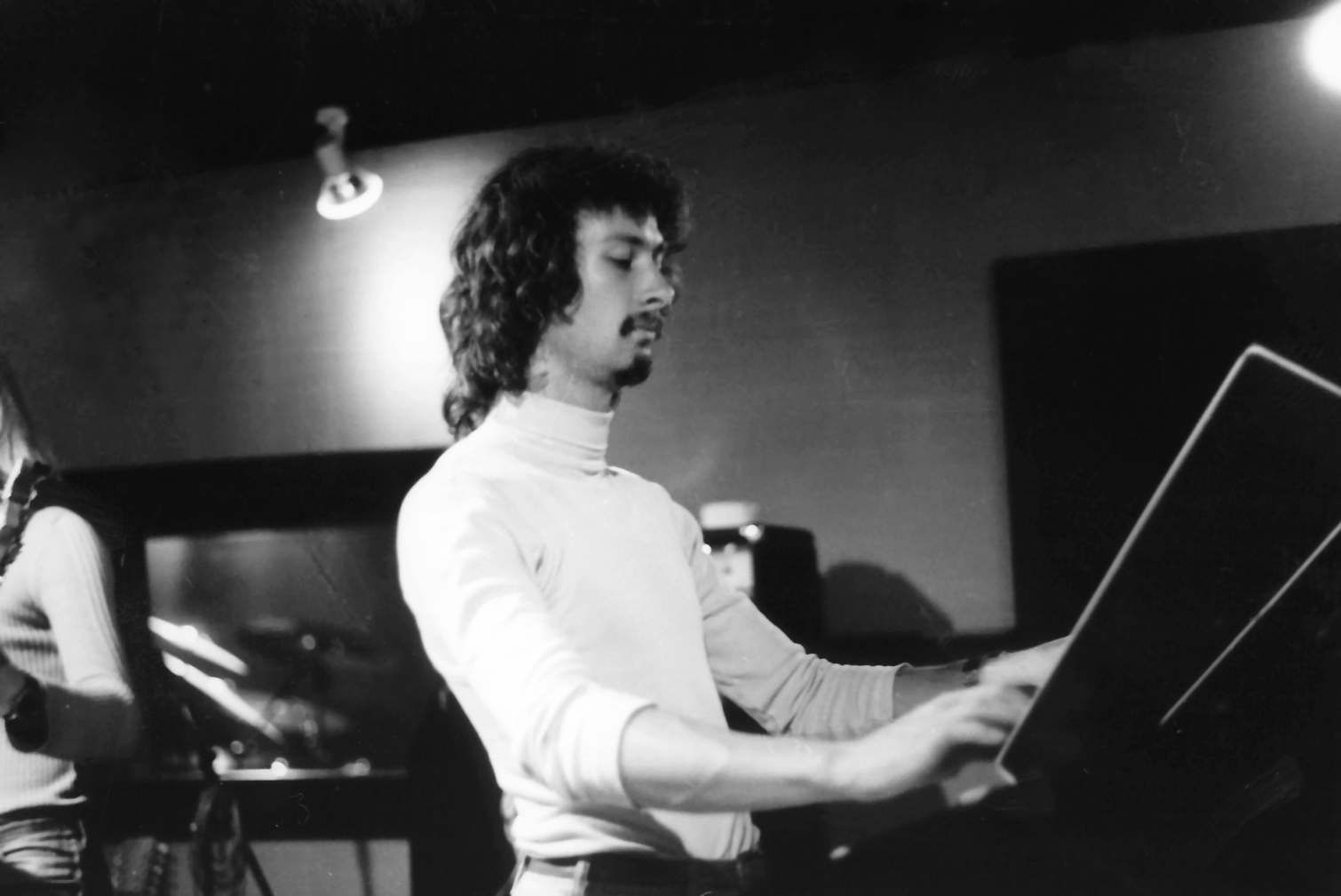
It was recorded under the name Choice. Released via the Ariola sublabel Rocktopus.
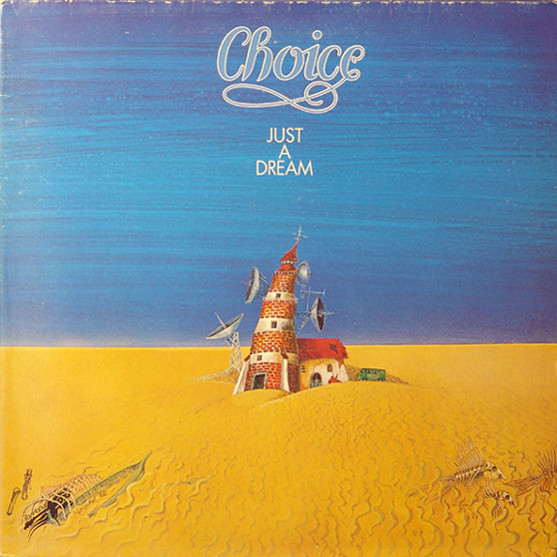
All songs on this LP were written by Günter Henne and Gerd Linke. Due to the enormous number of rehearsals by Epidaurus, in particular by Gerd, Günter, Manfred and Heinz, the band could rely on a huge repertoire of ideas, recorded demos and finished songs. The group was supported by musicians from close bands, recording their songs simultaneously at Langendreer. Ulrich Steiner played guitar, Peter Jureit drums, and musicians from the group Messalla located at Castrop Rauxel and Ferdi Kuehnel from Dortmund, who was the lead singer with the group Breakfast.
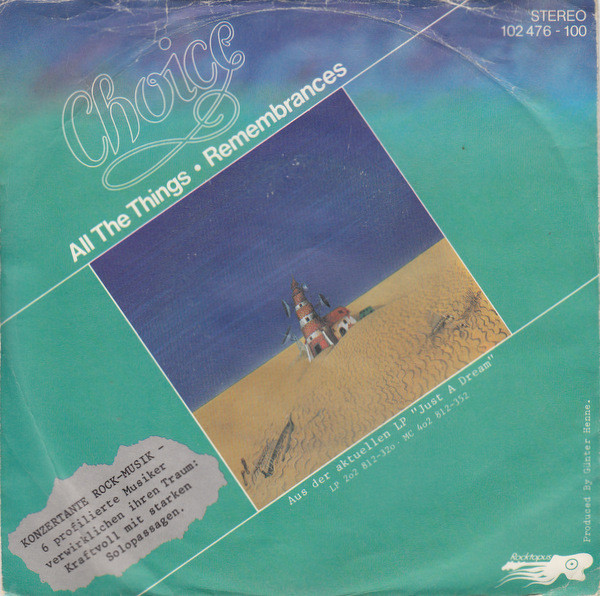
The song ‘All The Things’ was released as a single. Unfortunately Choice never appeared on stage.
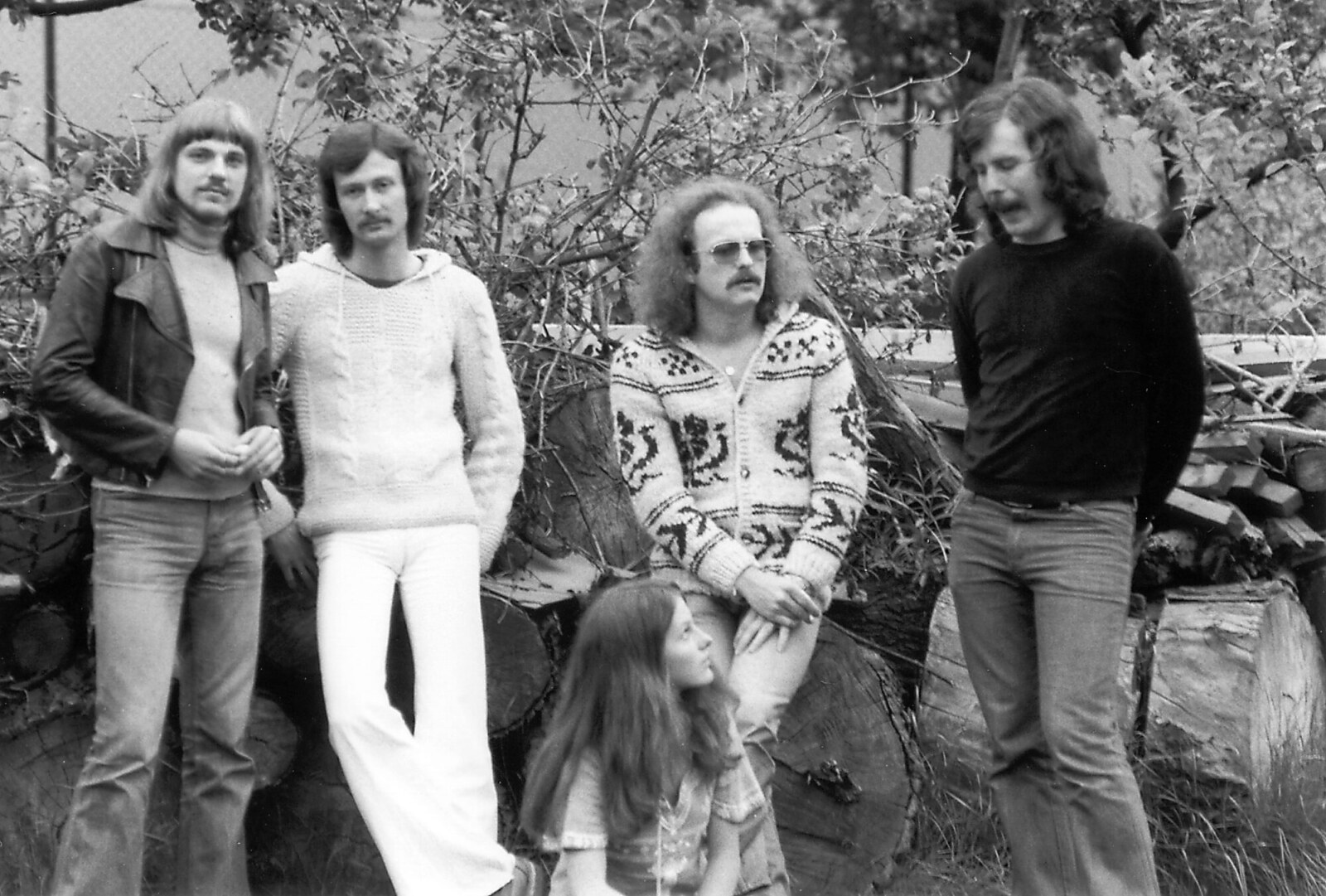
In 1994, the original line-up of Epidaurus reunited.
All members of the band had gone their own way between the end of Choice and the reunion of Epidaurus in 1994. Günter Henne and Manfred Struck were very successful with their recording studio at Langendreer, which later became very famous and highly esteemed European studio under the new name of “Fairland Studios”. In 1982 Gerd Linke became the founder of the German “Deutsch rock” band Herne 3, getting well known all over Germany by their hit “Immer wieder aufstehn” and doing more than 700 gigs until 1990.
When Herne 3 split up in 1990, the four members Gerd Linke, Eckhard Lander, Uwe Asshoff and Hans-Werner Eifert came together just for fun, in order to start from the roots of their musical careers (to have fun and play easy listening music). What was closer than again doing the favorites of the 60’s. With a little delay Heinz Kunert joined the gang. Meanwhile, with the help of rapidly progressing computer technique, programming various songs of different music styles had become possible. They could be programmed alone or in a team of two in a studio, so you could do demos and come back to them thereafter. So, having done some telephone calls, Günter Henne, Gerd Linke and the rest of the gang had a reunion in 1994 in order to establish what demo tapes and ideas were still available and worth being recorded. As lead singer we could again invite Christiane Wand who meanwhile had achieved a career as a leading soprano with “Starlight Express”, the world famous and most successful musical. For several weeks we had a lot of fun making music, recording and, of course, partying every now and then.
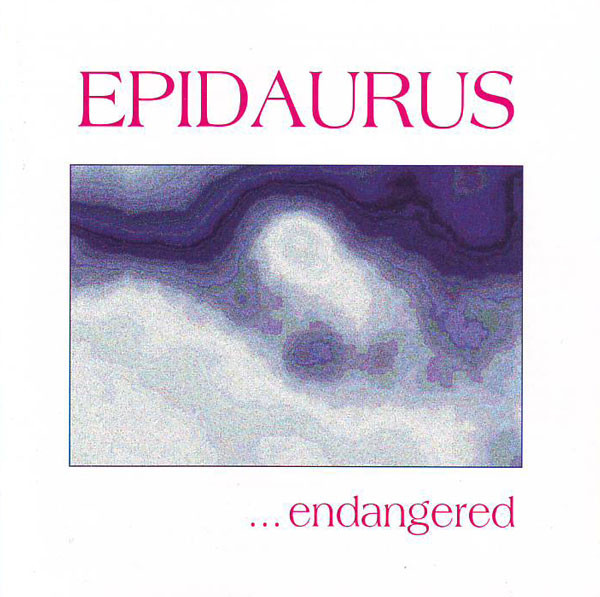
In 1995 we published ‘…Endangered’. This is, where the circle of Epidaurus come to an end.
Looking back, what was the highlight of your time in the band? Which songs are you most proud of? Where and when was your most memorable gig?
Gerd Linke: When we started making music (Günter, Manfred and I), we intended (like I said before) to come as close to our idols as possible, without actually copying them. This did not always work out perfectly, but so it might be. Further on, we enjoyed enormously creating music, playin it, and, thanks to the new technical equipment at the Langendreer Studio, recording it, listening to it and, if necessary, improving it right away. Additionally, each of us had sufficient time and loved spending this time in order to achieve our goal of producing our own record and playing gigs. There is no favorite. We love them all. Unfortunately we only did 12 concerts.
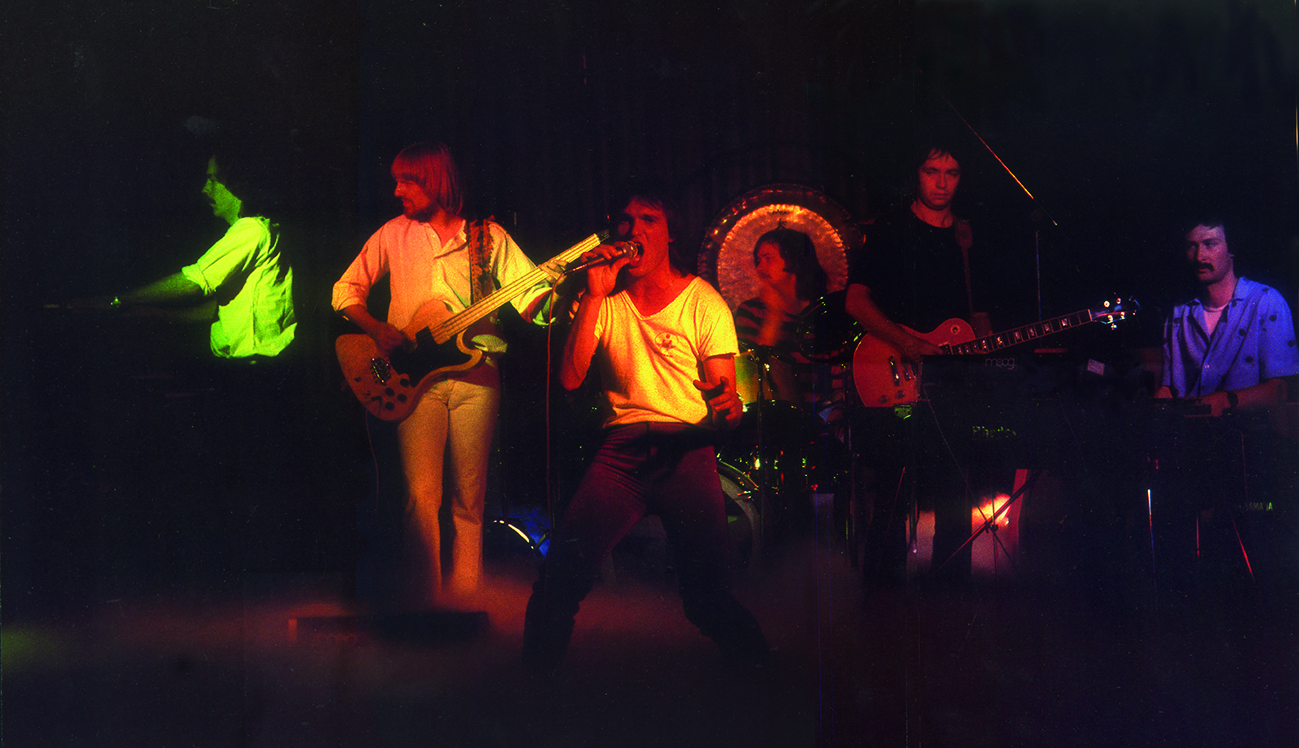
The gig which gained most attention, not only in our opinion was the one we did at the Ruhr University Bochum. On October 24th 1977 we were lucky to play at Hörsaalzentrum Ost in front of an audience of 600 in one of the university’s auditoriums. The place was sold out to the very last seat. The acoustics of the lecture hall with its rising seats was absolutely terrific. Something we had always been waiting for. Our gig ended with a seemingly never ending applause. We were so happy.
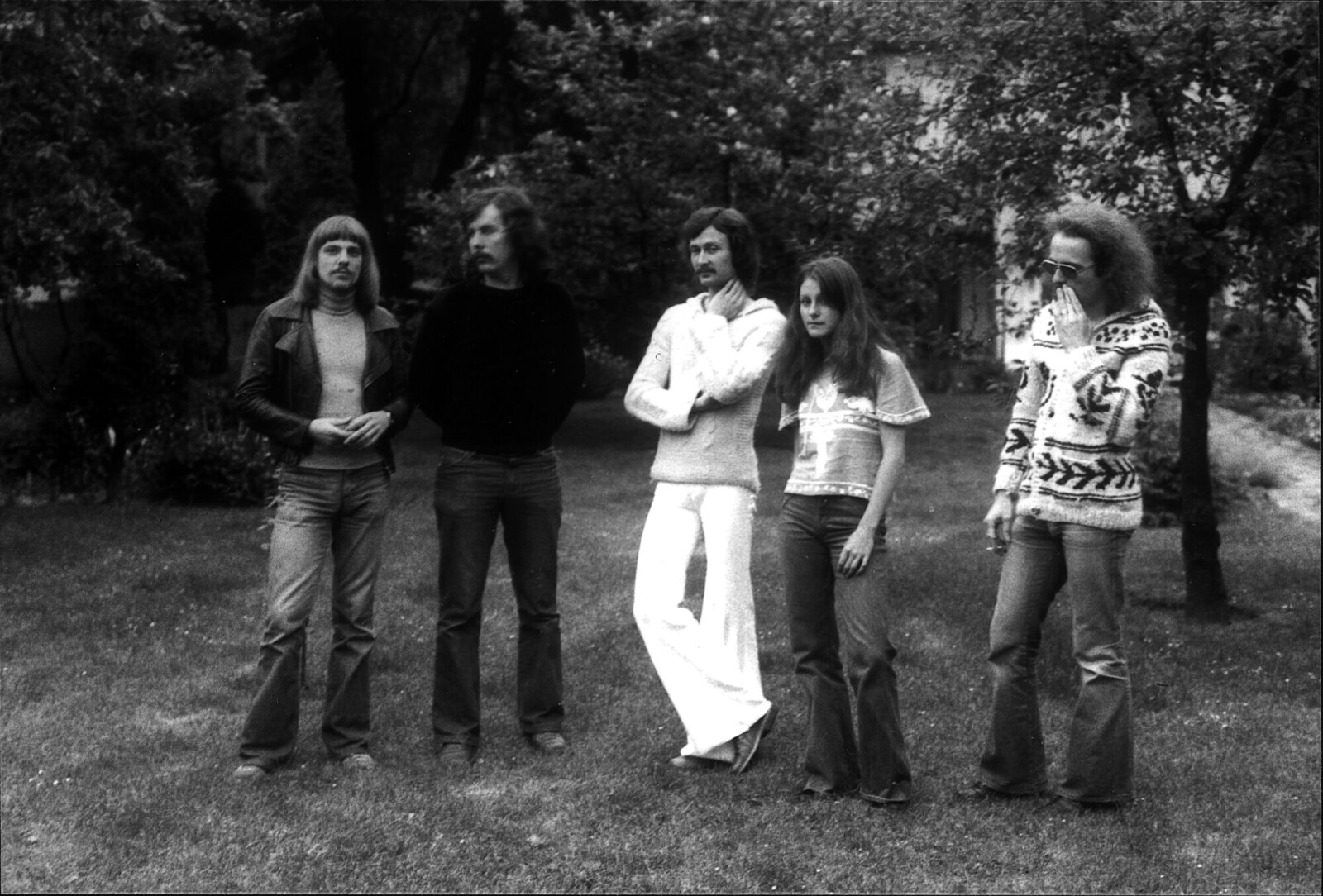
Thank you for taking your time. Last word is yours.
Epidaurus [all members]: Klemen, we are very happy und simultaneously quite surprised as to your interest in our music.
Gerd Linke: Starting as a young musician, not just for fun, but with a clear intention in finding partners like Günter Henne and Manfred Struck from the same background you can consider yourself very lucky. Thank you!
Klemen Breznikar
Garden Of Delights Official Website

